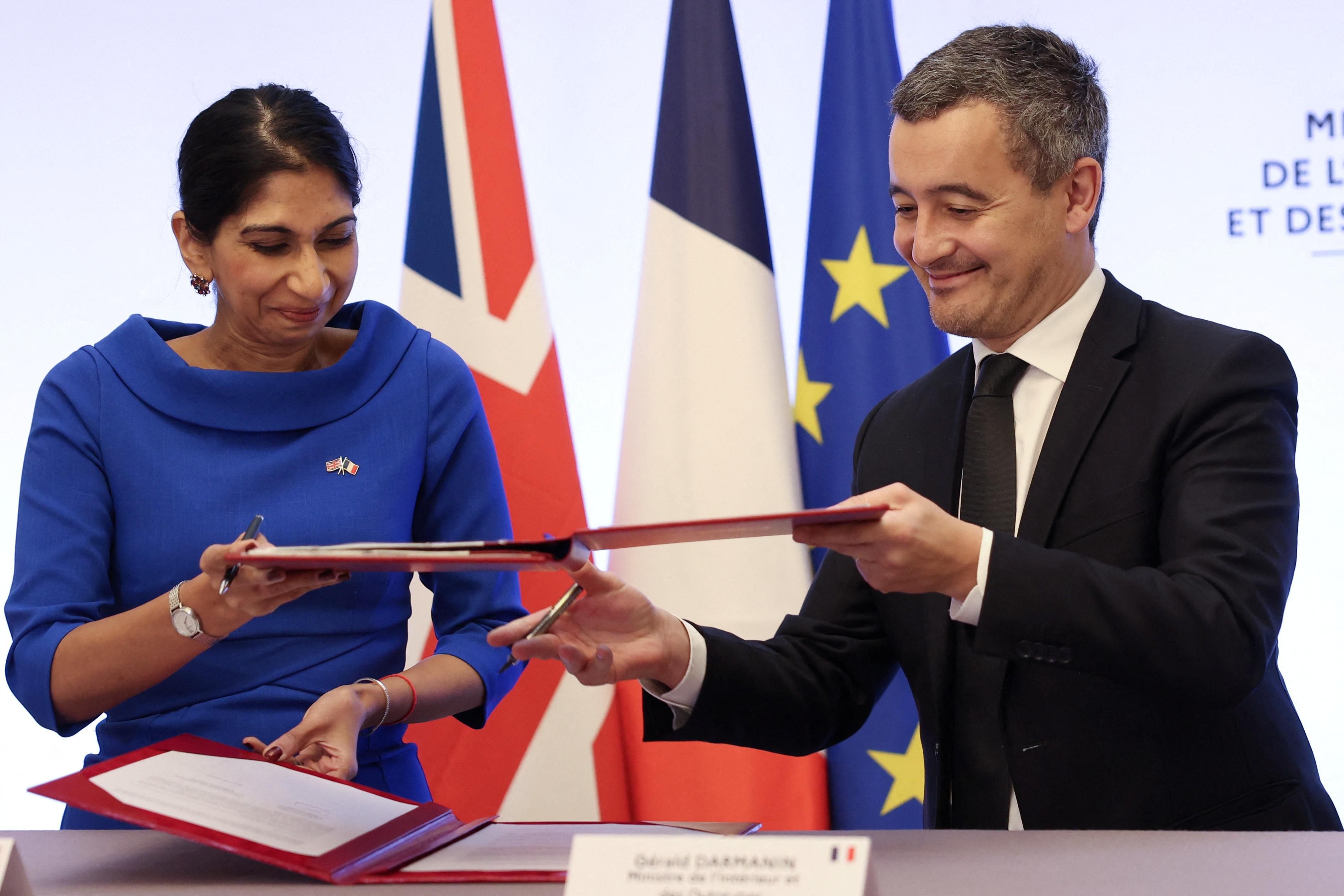Hard Numbers: UK-France migration deal, Amazon layoffs, Gabon's carbon credit mega-sale, North Korean crypto windfall, Lake's loss
8 million: The UK will pay France 8 million pounds ($9.4 million) more per year to beef up patrols to stop migrants on small boats from crossing the English Channel to reach British shores. London and Paris have long tussled over how to combat the human-trafficking gangs that control the route, while tens of thousands of asylum-seekers wait years to get their applications processed.
10,000: Following earlier mass layoffs at Twitter and Meta, now Amazon reportedly plans to cut up to 10,000 workers, the largest job cut in the tech giant's history. The news came out on the same day that Amazon’s billionaire founder Jeff Bezos announced he'll give most of his immense fortune to charity.
90 million: Not everything is doom and gloom at COP27. In the coming weeks, the densely forested West African nation of Gabon plans to sell a whopping 90 million carbon credits, roughly the same amount issued globally in 2021. If oil-rich Gabon makes a killing from its sale, perhaps other developing countries might follow its example of pursuing sustainable growth over fossil fuels.
1 billion: North Korean hackers are estimated to have swiped roughly $1 billion from crypto exchanges in the first three quarters of the year. Where did the money go? No surprise: to fund Kim Jong Un's ballistic missile and nuclear programs.
0.8: Almost a week after the US midterm elections, MAGA icon Kari Lake lost the Arizona gubernatorial race to her Democratic rival, Katie Hobbs. Lake — part of a slate of Trump-backed election deniers running this year — did not immediately concede despite trailing Hobbs by an insurmountable 0.8% of the vote in a battleground state for 2024.
This was featured in Signal, the daily politics newsletter of GZERO Media. For smart coverage of global affairs that normal people can understand, subscribe here.
